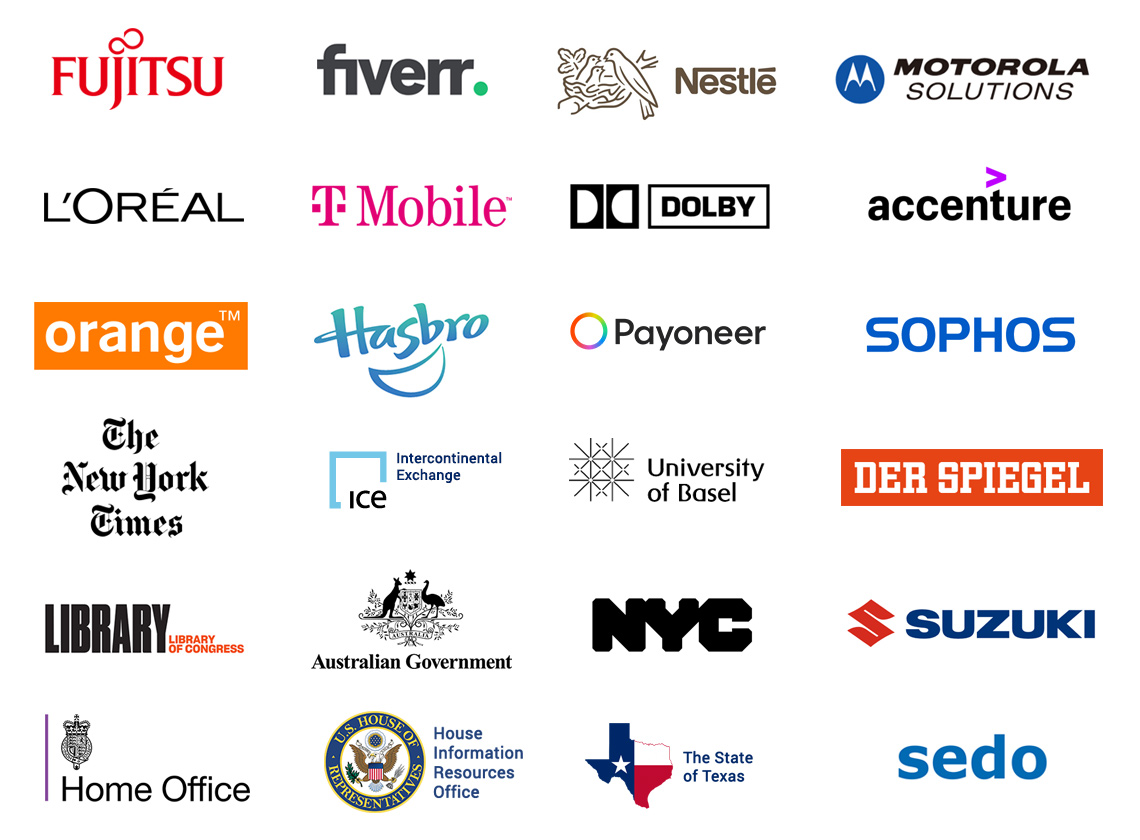TLDR: You can access a live, interactive browser via browserling.com/browse. I and my team host single-session virtual browsers on remote servers and stream only the browser interface to your device. After each session, the browser, history, cookies, and downloads are erased.
Live Browser – What Is It?
A live browser is an online, interactive browser that allows users to access and interact with a remote web browser via their own browser, without requiring any installations or downloads. It offers a secure and isolated browsing experience, ideal for cybersecurity applications (such as checking unsafe links, email attachments, and downloads), safe web exploration, performing one-time web tasks, and testing websites across different browser versions. The live browser technology is a go-to solution for security experts and web developers, as all necessary browsers and debugging tools are pre-installed remotely and guarantee zero-setup and zero-maintenance approach.
Live Browser – How Does It Work?
Live browsers operate by running in virtual machines hosted on remote servers and they are frequently referred to as virtual browsers. Each browsing session is short-lived as a new virtual machine is allocated per every session, ensuring a fresh browsing environment. Moreover, each session is assigned a new IP address, as a randomly selected remote server is chosen each time. This architecture not only safeguards user data and browsing history from being stored or traced, but it also mitigates risks associated with malicious websites or cyber threats, making it an essential tool for secure and private web browsing.
What's the Difference Between a Regular Browser and a Live Browser?
A regular browser operates directly on the user's own device, accumulating cookies, history, and cache over time, which can lead to vulnerabilities in security and privacy. Conversely, a live browser runs on an external server, with each browsing instance isolated within a separate virtual machine, guaranteeing that user information is not retained on the local device, thereby substantially elevating security and confidentiality. This method not only reduces the potential for malware and online threats but also assures that each browsing experience is distinct, featuring a new IP, offering a consistently secure, private, and untraceable browsing environment.
What are Live Browser Use Cases?
Cross-Browser Testing
A live browser enables you to test websites across different browser versions and operating systems without needing to install them on your device, streamlining the web development process and ensuring thorough testing efficiency.
Accessing Legacy Web Applications
For accessing older web applications that may not be compatible with modern browsers, an older live browser version can be used, allowing you to interact with these applications without maintaining an old computer with an old browser yourself.
Quality Assurance
If you are involved in website or application development, a live browser allows you to conduct quality assurance checks in a clean, controlled environment, ensuring that your products function correctly across various browser versions and platforms.
Remote Geo-browsing
A live browser offers you the ability to access the web from different geographical locations, useful for tasks like SEO analysis and ad verification, as it simulates browsing from various countries.
Enhancing Online Privacy
If you're concerned about online tracking and data profiling, a live browser helps in maintaining your privacy, as it prevents the accumulation of cookies and browsing history that are typically used for tracking purposes.
Secure Web Browsing
A live browser allows you to navigate the Internet securely, as your activities are isolated in a remote virtual machine, preventing malware from infecting your local system and safeguarding your personal data from unauthorized access.
Educational Purposes
For educational settings, a live browser provides a controlled environment for you to learn and experiment with web technologies and cybersecurity concepts without risking the integrity of local school networks.
Cybersecurity Analysis
When analyzing potentially harmful websites or links, a live browser provides a safe environment for you, preventing direct attacks on your local network and allowing you to investigate cyber threats without risking system compromise.
Incident Response and Forensics
In cybersecurity incident response, a live browser enables you to safely investigate suspicious websites or links as part of a forensic analysis, without exposing your system to potential threats.
Anonymous Research
By using a live browser, you can conduct sensitive research or access region-restricted content while maintaining anonymity, as each session provides a new IP address, effectively masking your actual location and identity.
SEO and Marketing Analysis
For SEO specialists and marketers, a live browser provides the ability to view and analyze search results, ads, and web pages from different geographical locations, helping you understand and strategize for diverse market scenarios without physically being in those locations.
Ephemeral Data Analysis
In scenarios where you need to analyze sensitive data without leaving a trace, a live browser ensures that no residual data is left on your device post-session, ideal for handling confidential information.
What Is Browserling?
Browserling is a live browser platform designed specifically for web developers and cybersecurity experts, offering a secure, remote environment for tasks such as cross-browser testing. This platform facilitates efficient testing of websites across various browser versions and operating systems without local installations, and provides a safe space for analyzing potentially harmful websites, thereby serving as a crucial tool in both web development and cybersecurity fields.
Who Uses Browserling?
Browserling has now become the live browser platform of choice for web developers and security professionals and it's used by hundreds of thousands of users around the world every month. Browserling's customers include governments, states, cities, banks, stock exchanges, universities, newspapers, Fortune 100, Fortune 500 companies, and private multi-billion dollar companies.

Happy browsing!
